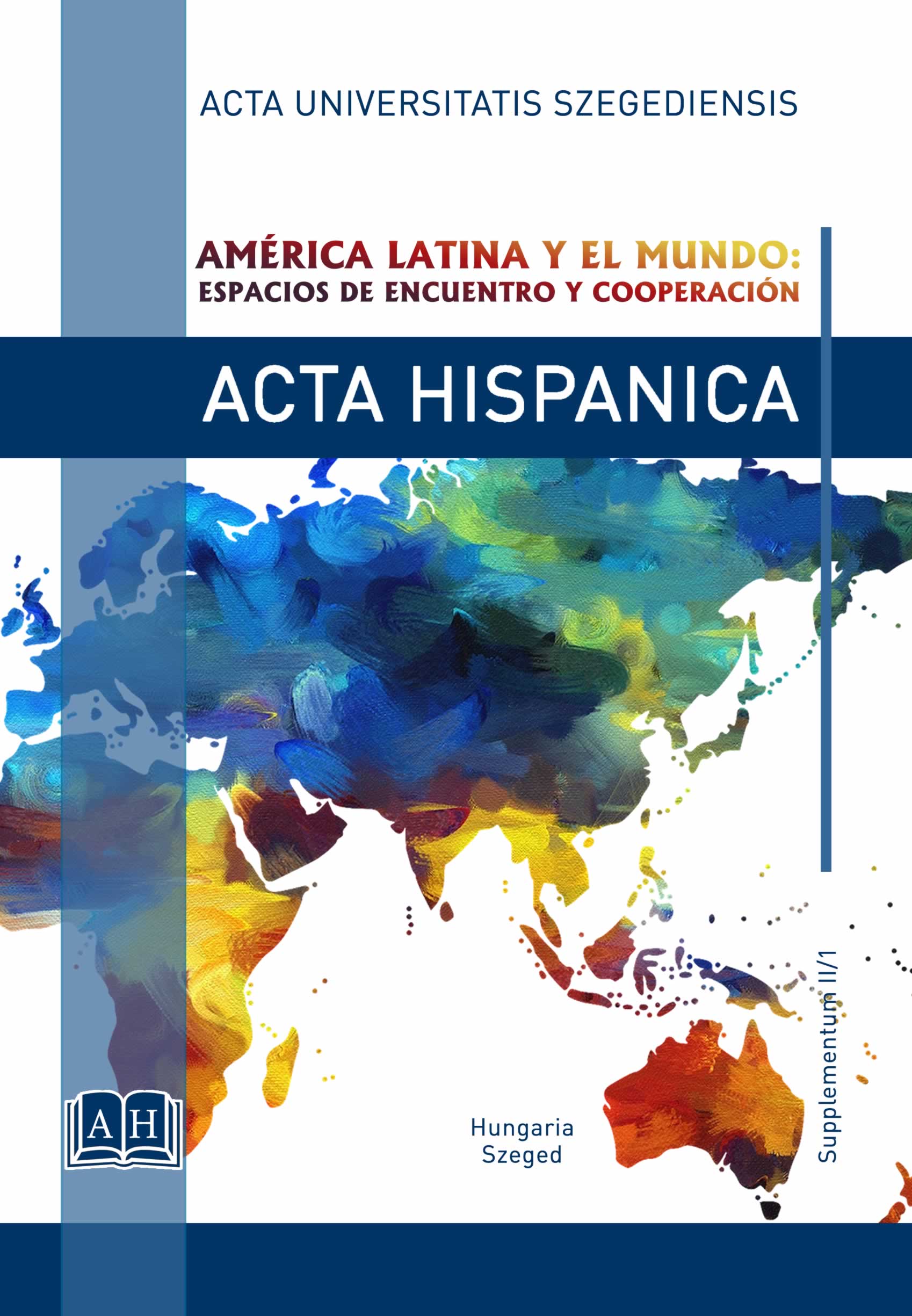Maritime Piracy in the Modern Era in Latin America Discrepancies in the Regulation
Contenido principal del artículo
Resumen
La piratería marítima es una actividad que se consideró extinta hace mucho tiempo y la que los países latinoamericanos experimentan de nuevo en el siglo XXI. Desde 2016, el número de los ataques ha aumentado dramáticamente incluyendo robo a mano armada, secuestro y masacre. La piratería moderna no tiene nada que ver con la ilusión romántica de los piratas del Caribe, este fenómeno está asociado con la crisis gubernamental, social o económica de un estado. Cuando la piratería aparece en un país, podemos sacar conclusiones sobre las condiciones generales de la sociedad en ese estado. ¿Sin embargo, estos ataques realmente constituyen piratería según el derecho internacional? ¿La piratería en América Latina tiene características únicas que son diferentes de la piratería en el resto del mundo? El artículo intenta responder por qué la piratería tiene importancia en América Latina, cómo se relaciona con el narcotráfico y el terrorismo. Además, el estudio también presenta un aspecto legal y compara la regulación del derecho internacional con la del derecho interno con respeto al derecho nacional de los estados latinoamericanos.
Descargas
Detalles del artículo
Citas
Código Penal de Brasil. Available at: http://www.planalto.gov.br/ccivil_03/decreto-lei/ del2848compilado.htm, access date: 20-10-2019.
Código Penal de Chile. Available at: https://www.leychile.cl/Navegar?idNorma=1984 &idVersion=2014-03-08, access date: 20-10-2019.
Código Penal de Venezuela. Available at: https://www.oas.org/juridico/mla/sp/ven /sp_ven-int-text-cp.html, access date: 20-10-2019.
Convention for the Suppression of Unlawful Acts against the Safety of Maritime Navigation. Adopted 10 March 1988.
Guilfoyle, Douglas (2015). Piracy and Terrorism. In: Koutrakos, Panos – Skordas, Achilles (eds.). 2015. The Law and Practice of Piracy at Sea. Oxford: Hart Publishing. 33-53.
Eudeline, Hugues (2011). Terrorism – A New Threat to the Control of the Sea. Stockholm: Swedish National Defence College Conference. 1-28.
González Napolitano, Silvina S. (2011). La práctica de los Estados latinoamericanos con respecto a la tipificación de la piratería marítima. In: Consigli, José Alejandro (ed.). 2015. Piratería en el siglo XXI. Buenos Aires: Consejo Argentino para las Relaciones Internacionales. 157-185.
Kiss, Amarilla (2009). A tengeri kalózkodás nemzetközi jogi megítélése, különös tekintettel a Szomália partjainál folyó eseményekre. Acta Juridica et Politica, IX. 211-220.
Kontorovich, Eugen (2010). A Guantanamo on the Sea: The Difficulty of Prosecuting Pirates and Terrorists. California Law Review, 98/1. 243-276.
Nitschke, Stefan (ed.) (2015). Projecting Colombia’s forces and maritime power. Naval Forces, vol. XXXVI. 1-44. Available at: https://www.armada.mil.co/sites/default/files /naval_forces_colombia_2015.pdf, access date: 20-10-2019.
Petrig, Anna – Geiß, Robin (2011). Piracy and Armed Robbery at Sea. Oxford: Oxford University Press.
Shearer, Ivan (2012). Piracy. In: Rüdiger Wolfrum (ed.). 2012. The Max Planck Encyclopedia of Public International Law. vol.8., Oxford: Oxford University Press, 322.
The State of Maritime Piracy 2018. Oceans Beyond Piracy. Available at: https://stableseas.org/publications/maritime-terrorism/state-piracy-2018-human-cost, access date: 20-10-2019.
The State of Maritime Piracy 2017. One Earth Foundation. Available at: http://oceansbeyondpiracy.org/sites/default/files/one_earth_future_state_of_piracy_report_2017.pdf, access date: 20-10-2019.
Total Naval Strength by Country. Available at: https://www.globalfirepower.com/ navy-ships.asp, access date: 20-10-2019.
United Nations Conventions on the Law of the Sea. Adopted 10 December 1982, Montego Bay.





